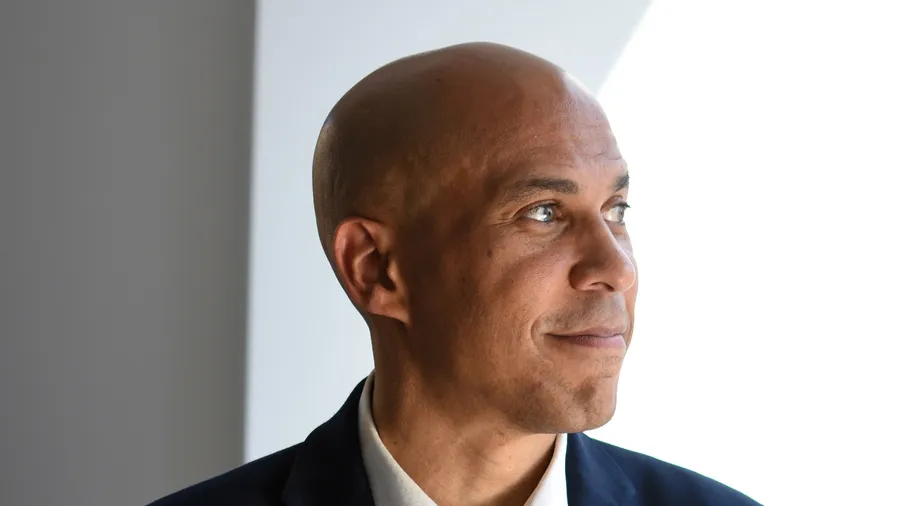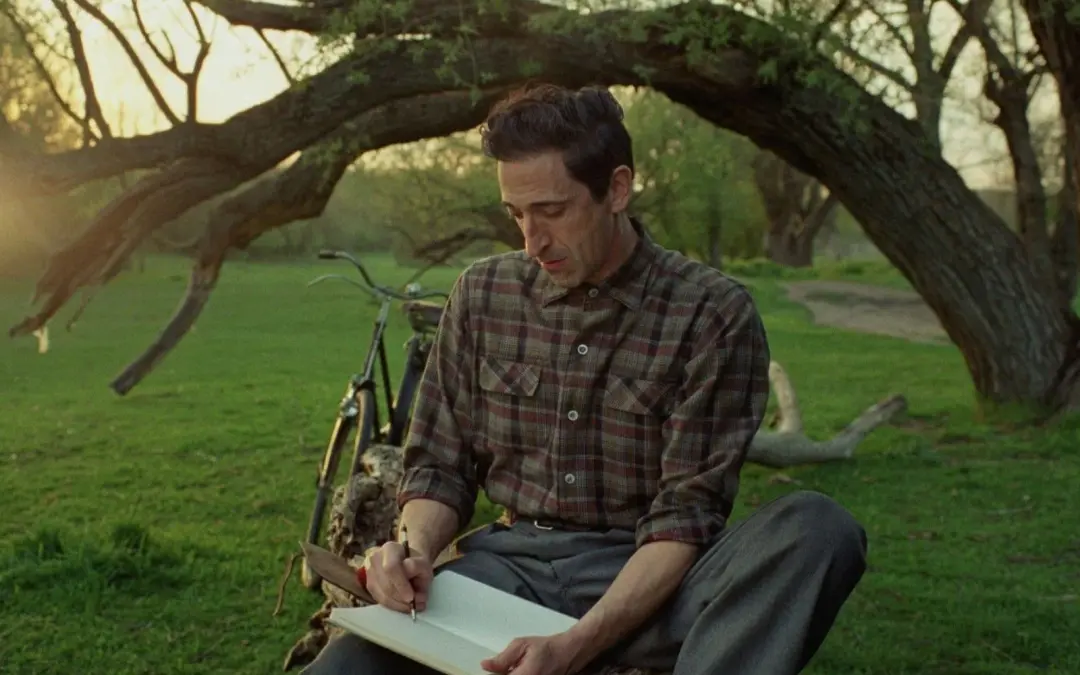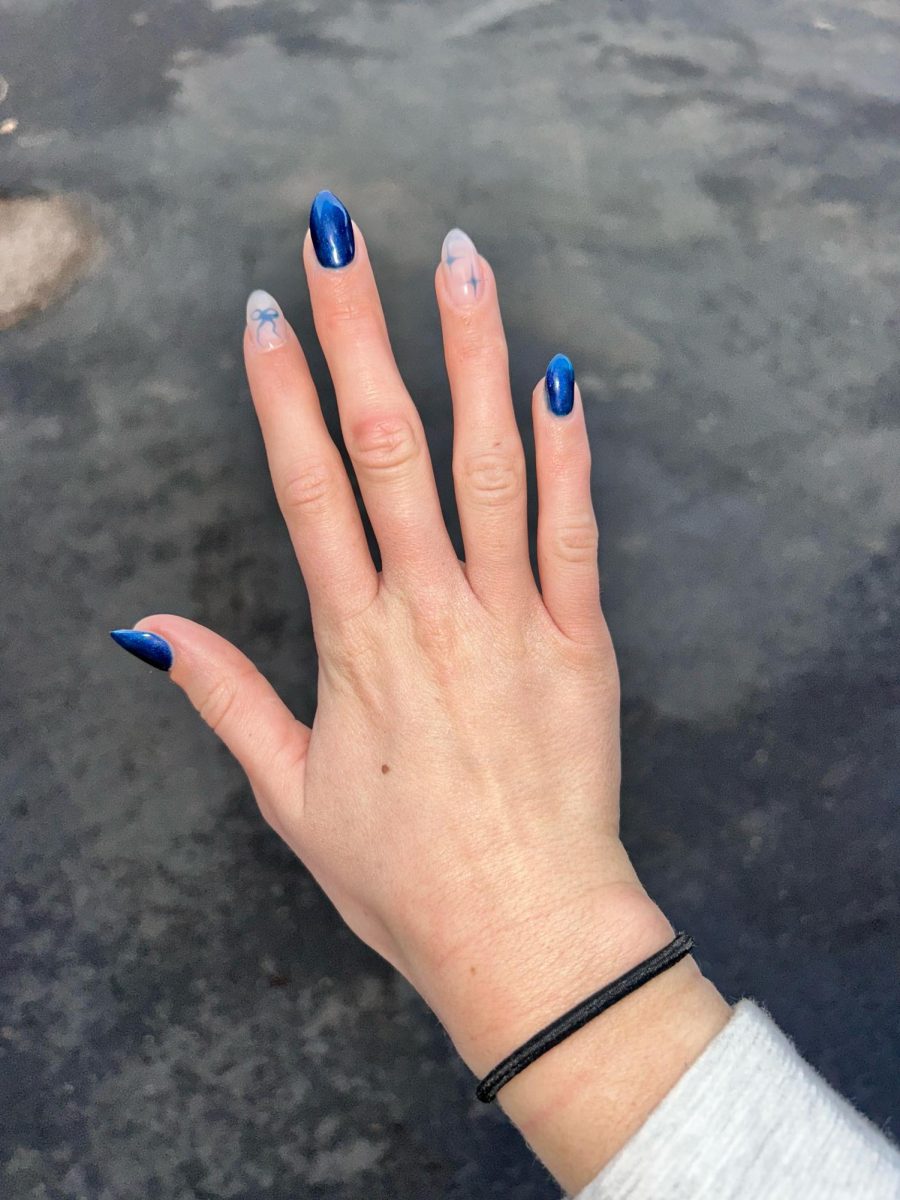Netflix’s new series, Monsters: The Story of Lyle and Erik Menendez revives controversy over how inaccurately the media chooses to portray real-life tragedies by casting the brothers as villains more than victims with trauma guiding their actions. Hence, if you’re a director, it is your job to represent the characters in your show accurately, especially if they are based on real people. However, this concept is seemingly unfamiliar to American television writer, director, and producer, Ryan Murphy.
The problem with Ryan Murphy’s depiction in Monsters lies in the overdramatizing of the brothers’ characteristics, painting them as monsters rather than victims. He depicts Erik and Lyle as caricatures, exaggerating their darkest moments while glossing over the trauma and abuse they reportedly suffered. In doing so, Murphy creates a version of the brothers that aligns more closely with sensationalized tabloid coverage than with the nuanced reality of their lives.
For example, Lyle Menedez is painted as this fly-off-the-handle, aggressive individual. In episode 3, when the brothers are in jail, Lyle calls his grandma yelling at her over the phone to bring him rolls of dimes. In this episode, he has a rage-fueled tantrum over the irony of his inability to get dimes given how rich he is.
This exaggerated portrayal contrasts with reality, as Lyle’s cousin, Anamaria Baralt, recently shared in an interview with The U.S. Sun, “When I spoke to Lyle the other night, I said, ‘I don’t think I’ve ever heard you raise your voice.’ And he agreed.”
To put it plainly and simply, Monsters does a disservice to audiences and an injustice to those it portrays, misleading viewers and further distorting the truth.
“I think the media can pervert things depending upon how things are presented,” says Social Studies teacher Mr. Eugene Stanton. “How the case was presented, it looked like they took the state’s case and just kind of ran with it and ignored some of the things that the defense was talking about, like the abuse.”
Stanton’s words underscore a troubling consistency: the media, which initially shaped public perception of the brothers during their trial, painted them as cold-blooded killers by focusing on the prosecution’s narrative. Their narrative was that greed motivated them to kill their parents to inherit their fortune without any interference. Now, decades later, streaming platforms like Netflix continue to capitalize on that portrayal. This not only distorts public understanding but also reinforces the stigma of complex cases like theirs, where trauma and survival are tangled with acts of violence.
The effect of this misinterpretation isn’t lost on viewers.
“I think the show did a terrible job of depicting the relationship between the brothers and why they did what they did to their parents,” said senior Anna Spiliiotoupolous.
Her critique speaks to the show’s failure to present the truth of what happened in the Menendez household. In an attempt to scandalize their relationship, the show implies a deeper level of intimacy by having Lyle kiss Erik on the lips in episode 2, suggesting their bond transcended beyond a typical sibling closeness.
Erik Menendez himself condemned this, saying “It is with a heavy heart that I say, I believe Ryan Murphy cannot be this naive and inaccurate about the facts of our lives so as to do this without bad intent.”
*Opinions expressed in this article represent the views of the editorial staff and not necessarily those of the school population or administration.












